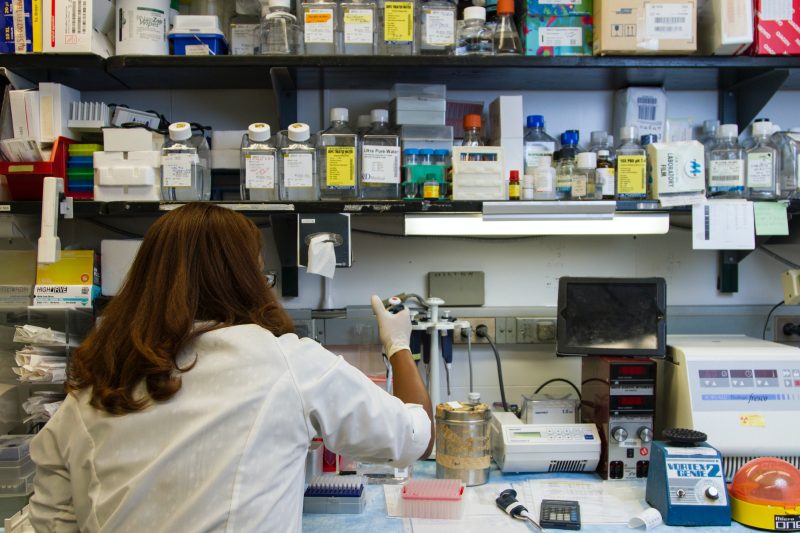
How is it to be a Toxicology Master’s Thesis student at TTMI?
Dia dhaoibh! Hello everyone!
I hope you all enjoyed the Easter Holidays and had the chance to recharge batteries for the coming weeks until the end of the Spring Semester. In my case, I will soon be finished with my internship at the Trinity Translational Medicine Institute (TTMI). This is the research institute of Trinity College Dublin (TCD) based in St James’ Hospital. Now that most of the lab work is already done, the most tedious part is left; writing the thesis report. As I have mentioned in previous posts, I have not been taking lectures during my stay at TCD, but rather working on my thesis at a research lab. However, the job has entailed way more than just pipetting and running PCRs. This post summarises the responsibilities I have had during my time as a Master’s Thesis student at TTMI.
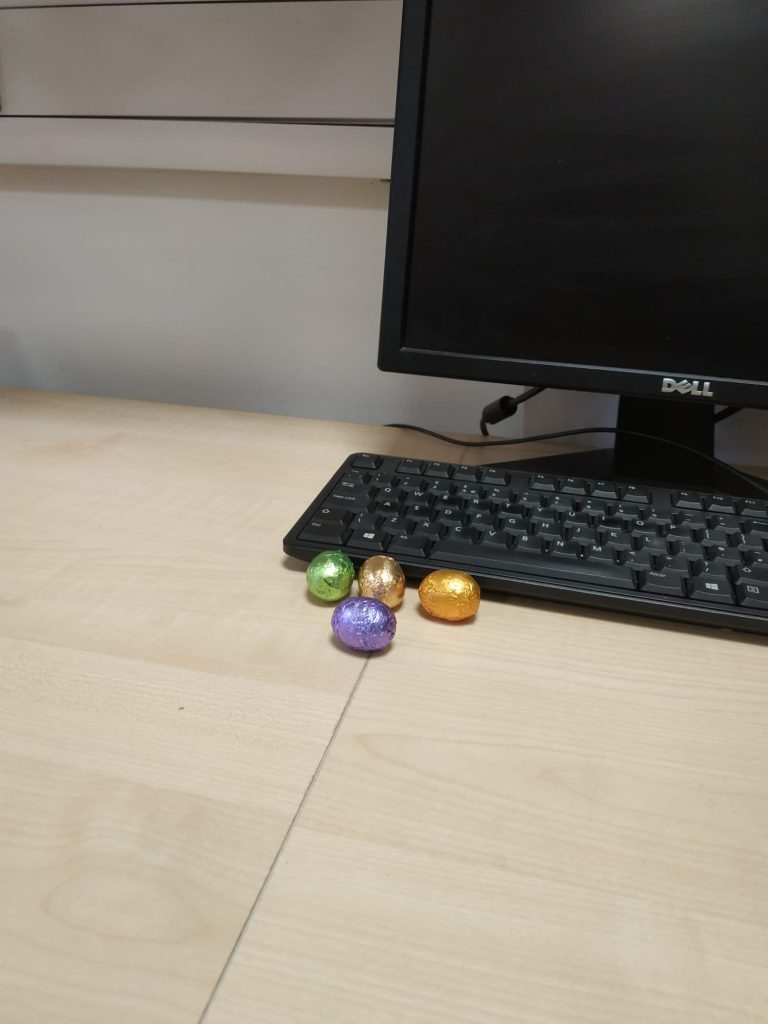
Working in the lab
The Principles of the 3Rs was one of the first and main concept that we learnt in the Toxicology Master’s Programme. These refer to the principles that aim at replacing, reducing, and refining the use of animals in research. Because I am such a big animal lover, I was convinced that I did not want to undertake animal experiments for my master’s thesis. Therefore, when looking for research groups at TCD, my search was limited to those who employed in vitro models.
Cell cultures
One of the main disadvantages of using cells is that they can be a bit ”needy”. Meaning that you may be required to come in the lab on weekends to feed or split cells. The cells in our project involve an additional difficulty; they are normal cells (i.e., healthy cells). Overall, healthy cells divide more slowly, but need more care and attention. After retrieving our cells from the frozen stocks, it took about a month and a half to make them feel happy in the culture flasks, which translates into a month and a half to exclusive cell culture lab work. That is, lots of practical experience gained in cell culture. Examples of specific tasks included in cell culture are:
- Retrieving from frozen stocks
- Preparation of frozen stocks
- Feeding and subculturing
- Cell counting
- Mycoplasma testing
- Functional cell assays
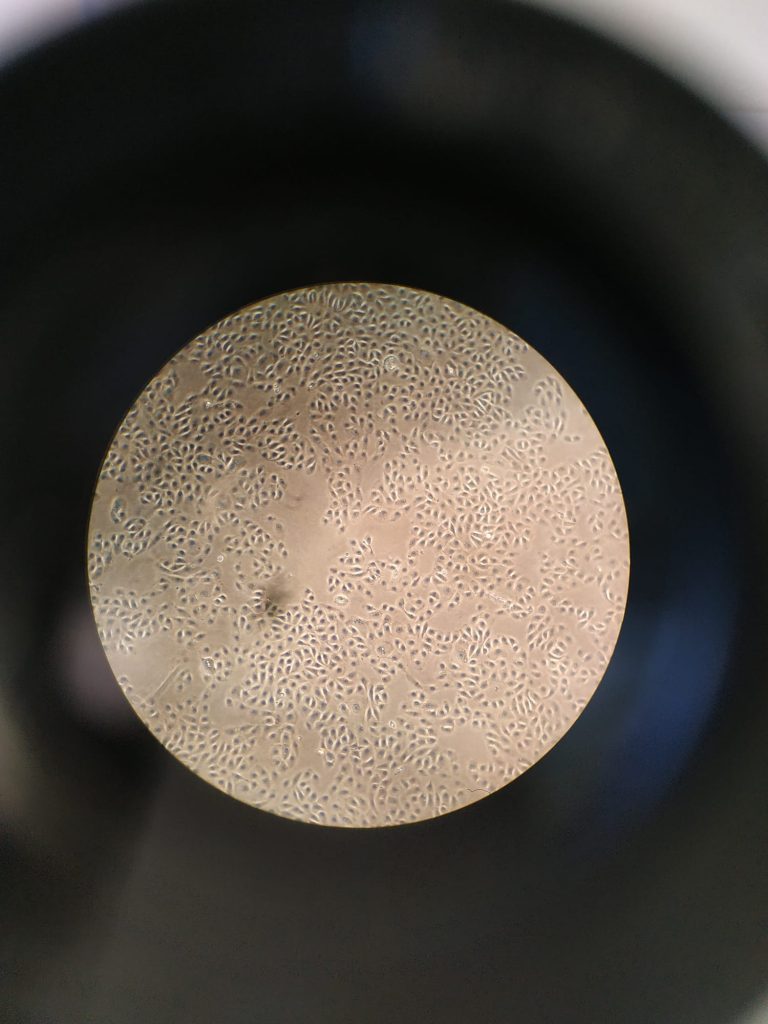
HBEC3 cell line. 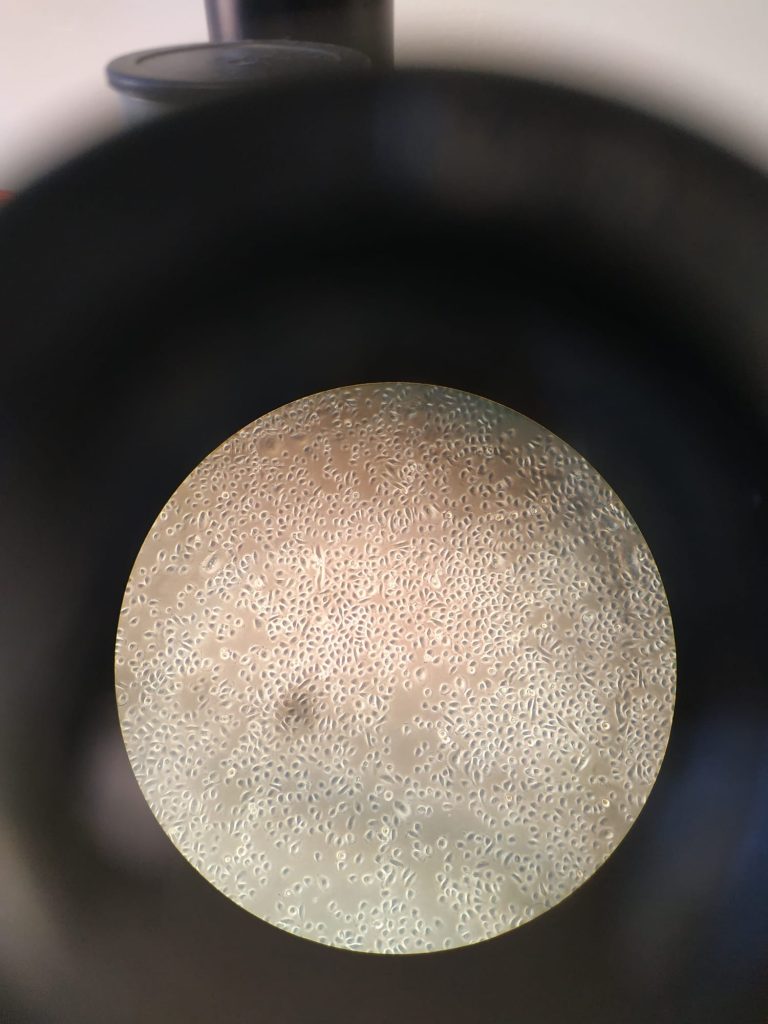
HBEC4 cell line. 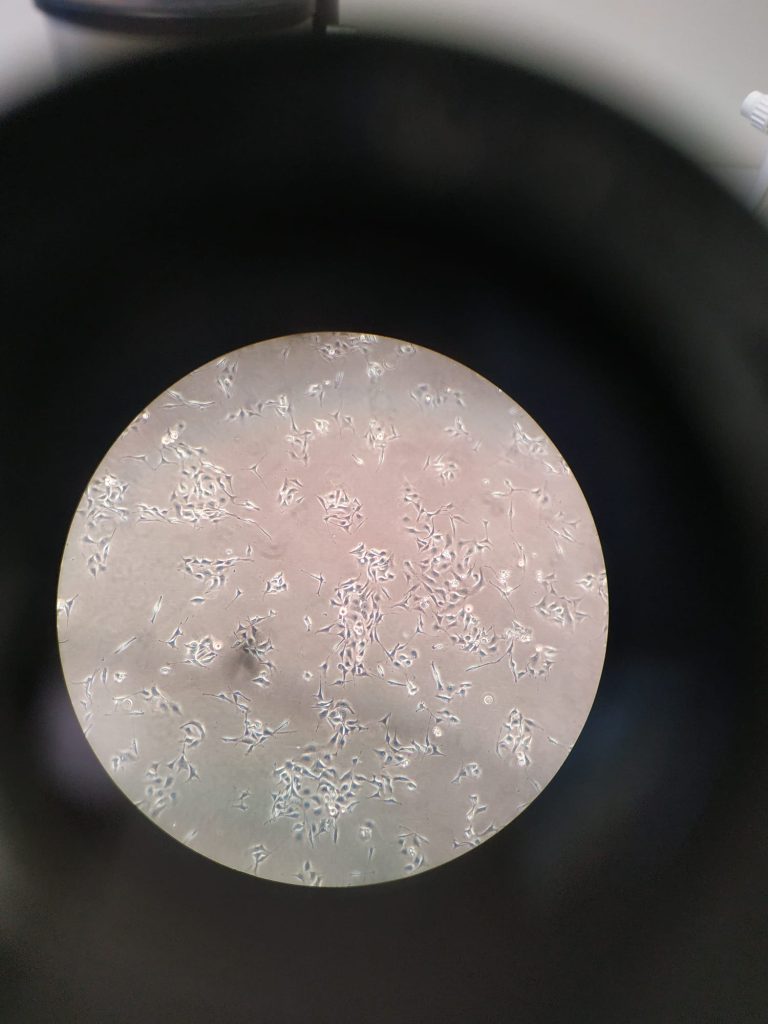
BEAS-2B cell line. 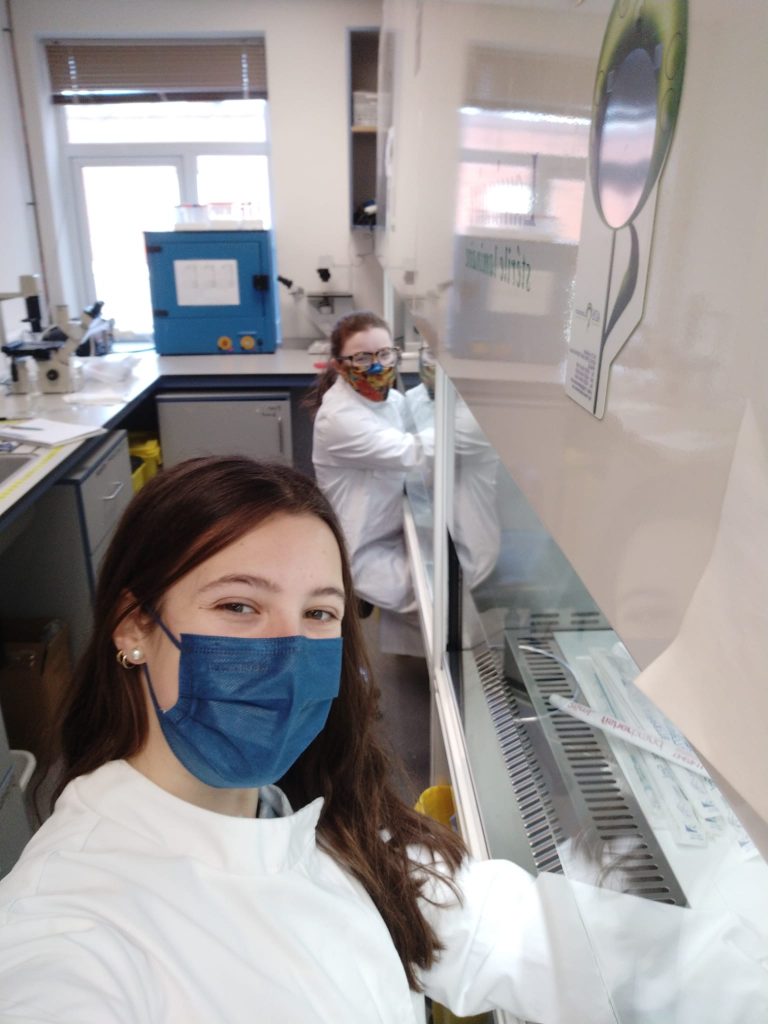
Niamh and me in the cell culture room. Photos by: Oneka Perea.
Wet lab work
Once our cells were ready for the treatments, I started having more lab benchwork. Long incubation/waiting times are expected in some experiments. This allows to take breaks from wet lab work during the day and focus in other duties. I have quite a lot of flexibility to organise the experiments according to my own schedule. I can sometimes spend a whole day in the lab, while others it is only the morning. Different techniques I have performed while in the lab are:
- RNA extraction/quantification
- cDNA synthesis
- Real-Time qPCR
- Gene expression arrays
- Protein extraction/quantification
Conferences and seminars
Apart from the lab hours, I have been given the opportunity to attend several conferences, lectures, seminars, brief courses, etc. related to the research field. Due to COVID-19, most events have been hold online. My supervisor keeps us informed of the latest happenings at TTMI and TCD that might be of our interests. Similarly, as any other TCD student, I have also received communications, updates, and calendar events via MyZone (TCD email).
On March, we participated on the ”Translational Medicine – The Next 20 Years” conference at TTMI. Various professors were invited to present their translational research. Most lectures covered the field of immunotherapy, a promising option for personalised cancer treatments. Nevertheless, topics were diverse, from digital pathology to viral infections. We used this event to expand our network and interact with scientists that were readily approachable in this occasion. Our collegue Josh, together with a bunch of other postgradute students, defended his project as part of a contest in which the winner was awarded with a personal cash price. Although on a different date, I also wanted to mention my collegue Niamh defended her undergraduate thesis last week. She did a great job. Congratulations Niamh!
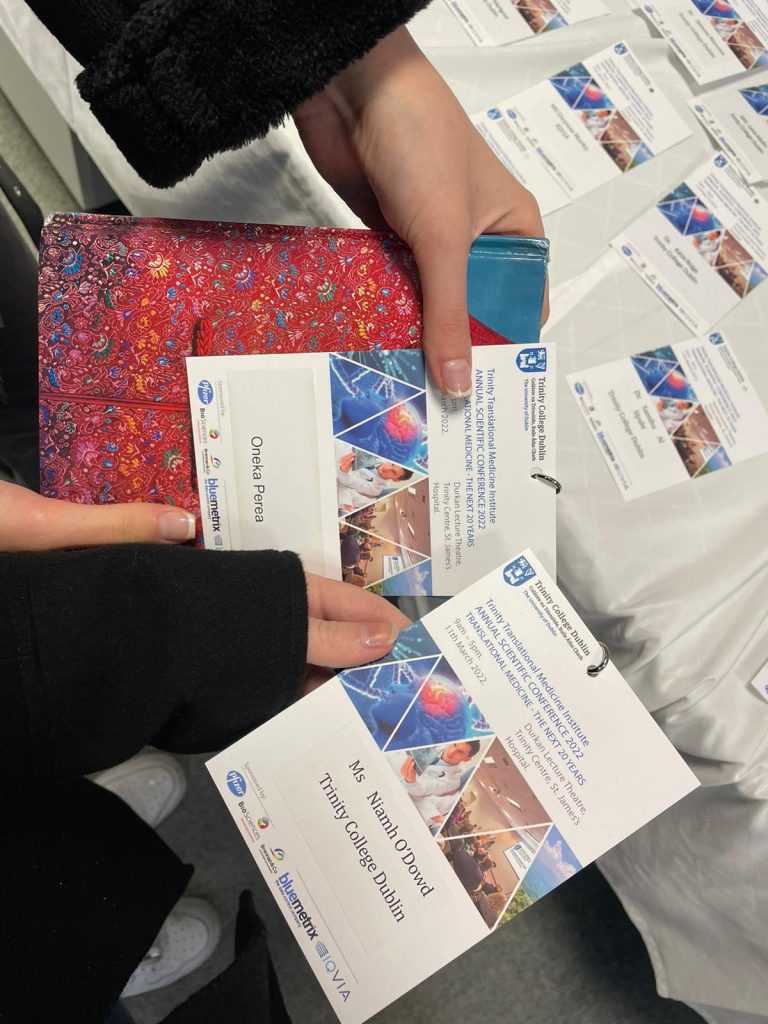
Photo by: Niamh’s O’Dowd. 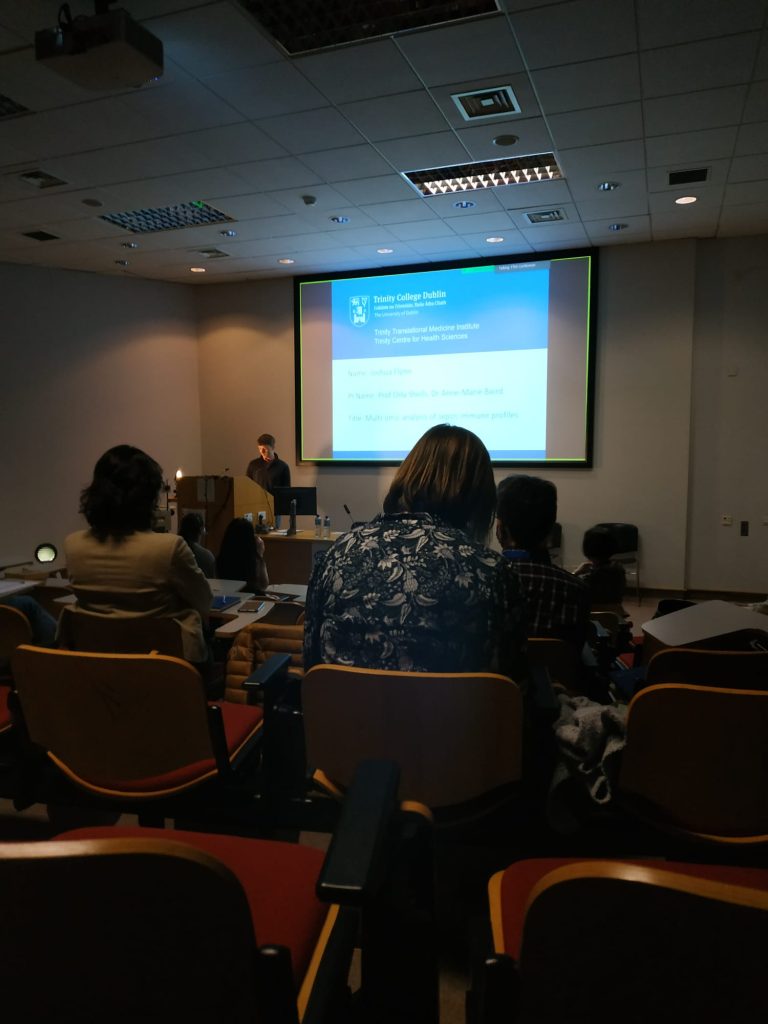

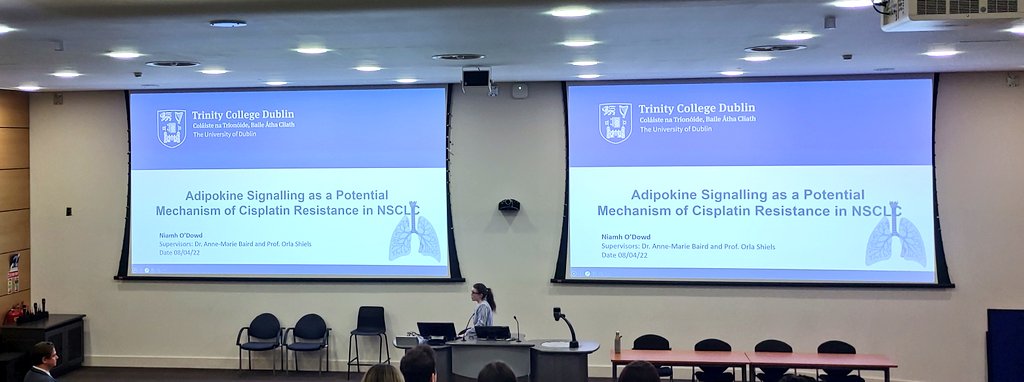
Additionally, I have been taking Gaelic lessons once per week for eight week. In collaboration with Gaelchultúr, TCD offers free Irish courses for staff and students every semester. These were 50 minute-long online classes of different expertise levels. I joined the Begginners+ (A1+) level because the complete Beginner class was fully booked. It was rather challenging to follow the lectures since they were more advanced and demanding than we were told. Yet, I appreciated the shot to learn more about the Irish culture and roots of its beautiful language!
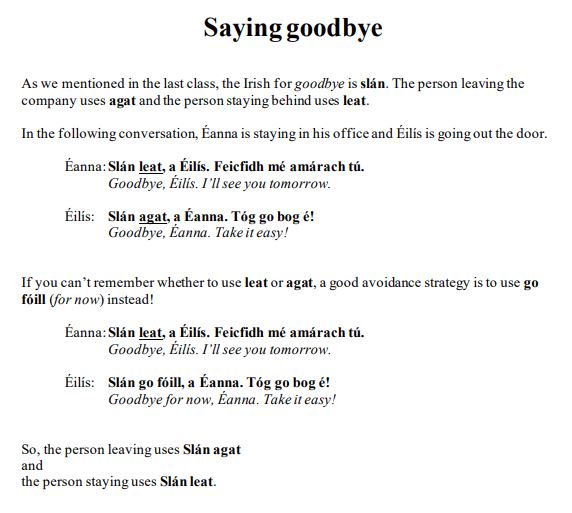
A lot of reading and writing
Finally, I have spent a huge load of time reading scientific publications and writing my master’s thesis report. I think I speak for many students when I say that most of us end up postponing this until we start feeling the closeness of the submission deadline. However, it is extremely important not to procrastinate and try to start as early as possible. For instance, you can make use of the lab breaks or incubation times for this.
It is often in the beginning of the semester when there is more free-time to write. I personally started with the literature review of my introduction on December and it was ready by late January. I recommend including the methods and results as you perform the experiments. If you leave everything for the end, it will be much more annoying to write. Remember to go back to your report and revise it to correct for changes in the project.
The discussion and presentation can be left for last. Once you have collected all your data and your results are clear, the discussion and conclusion will be much more straightforward. It is quick to create a professional presentation after the report is properly structured and drafted. Keep in mind that apart from rehearsing to yourself, you should present your thesis to your supervisor and collegues before the final defence. This will help you to be prepared for potential questions and relieve any nervousness.
With this, I hope I clarified my tasks as a master’s thesis exchange student, for the ones who might be interested in participating on Erasmus+ next year. Besides, I hope the quick advice is useful for other master’s students that are soon to defend their theses. For those of you, hold on, the success is almost here. Good luck to everyone!

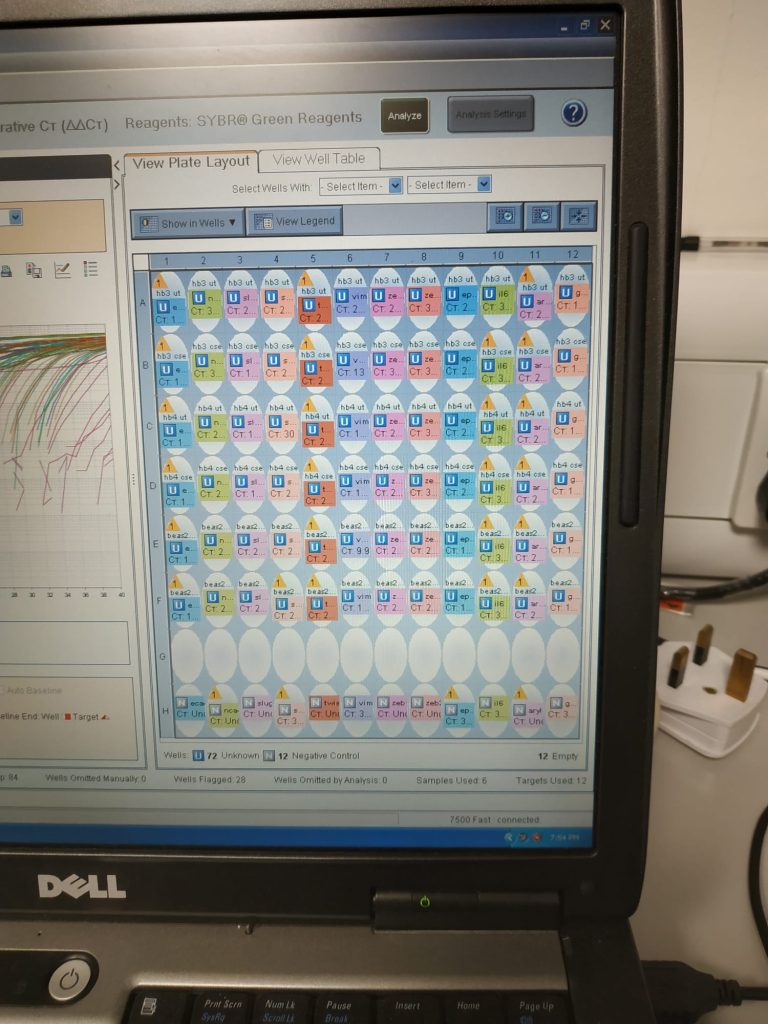
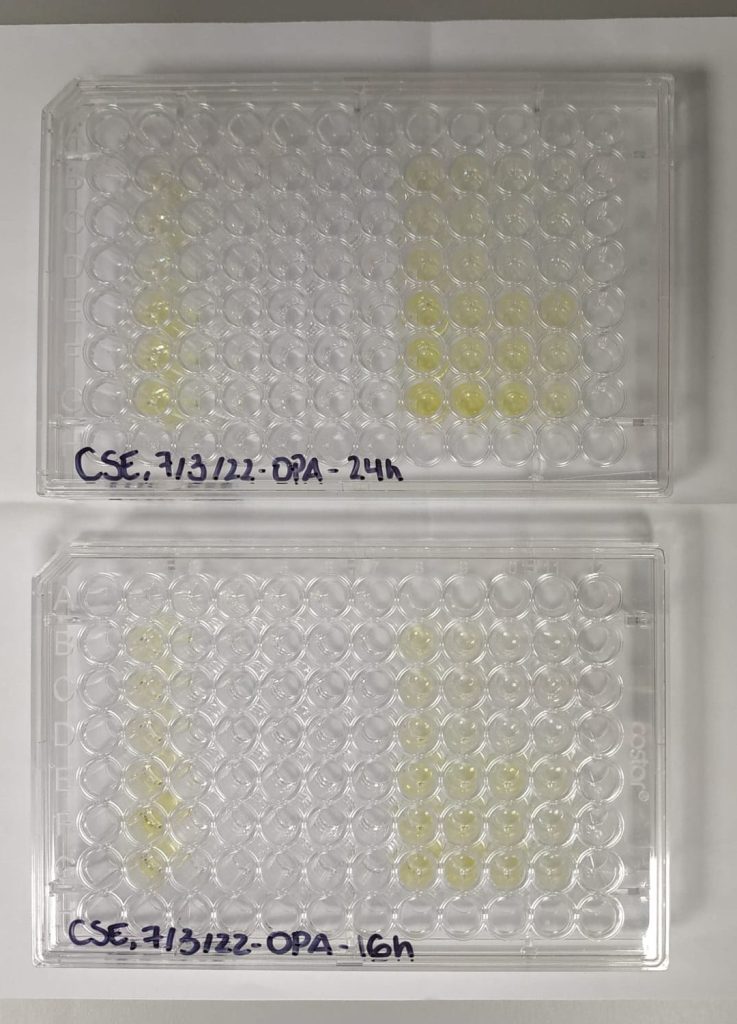
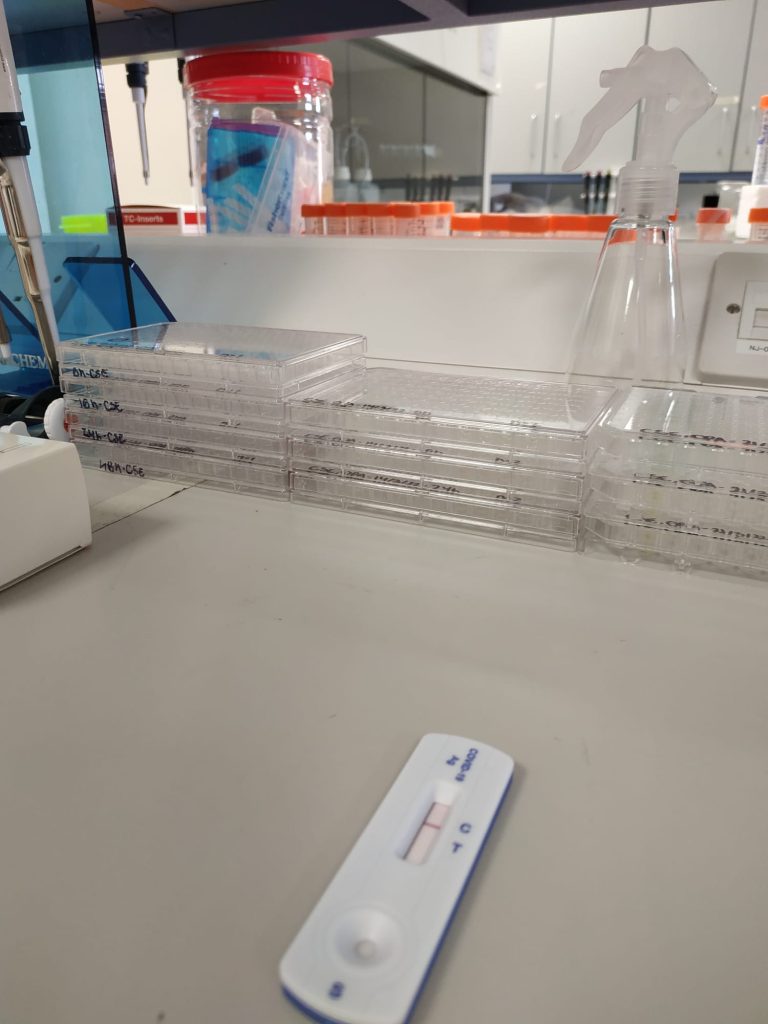
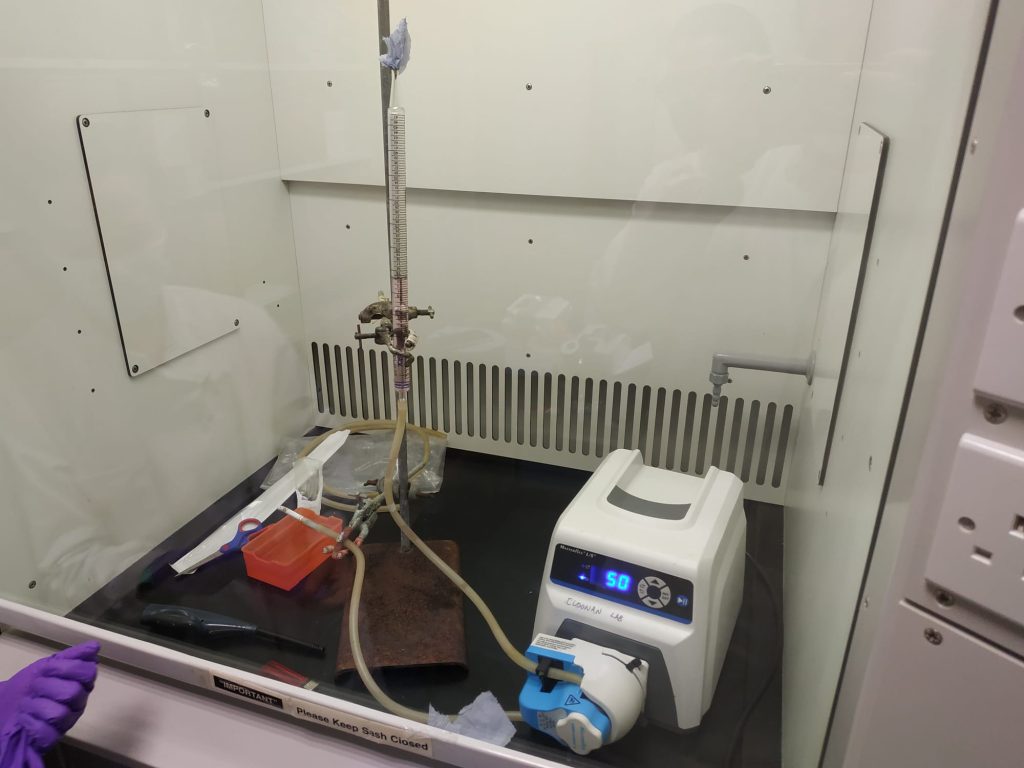
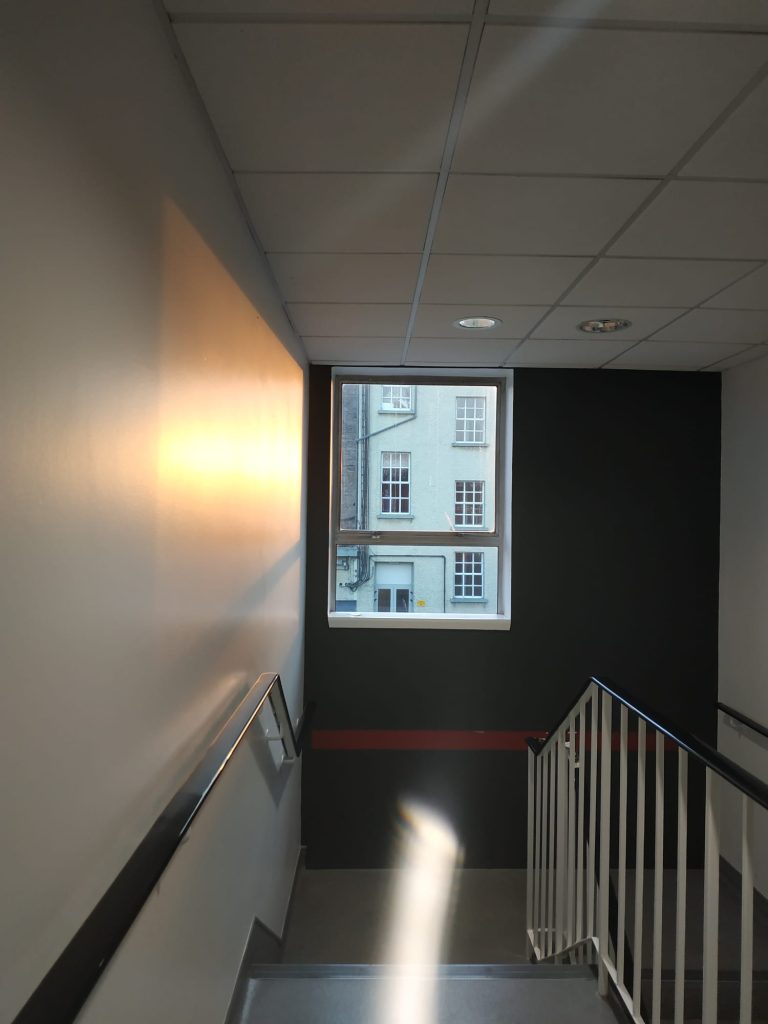

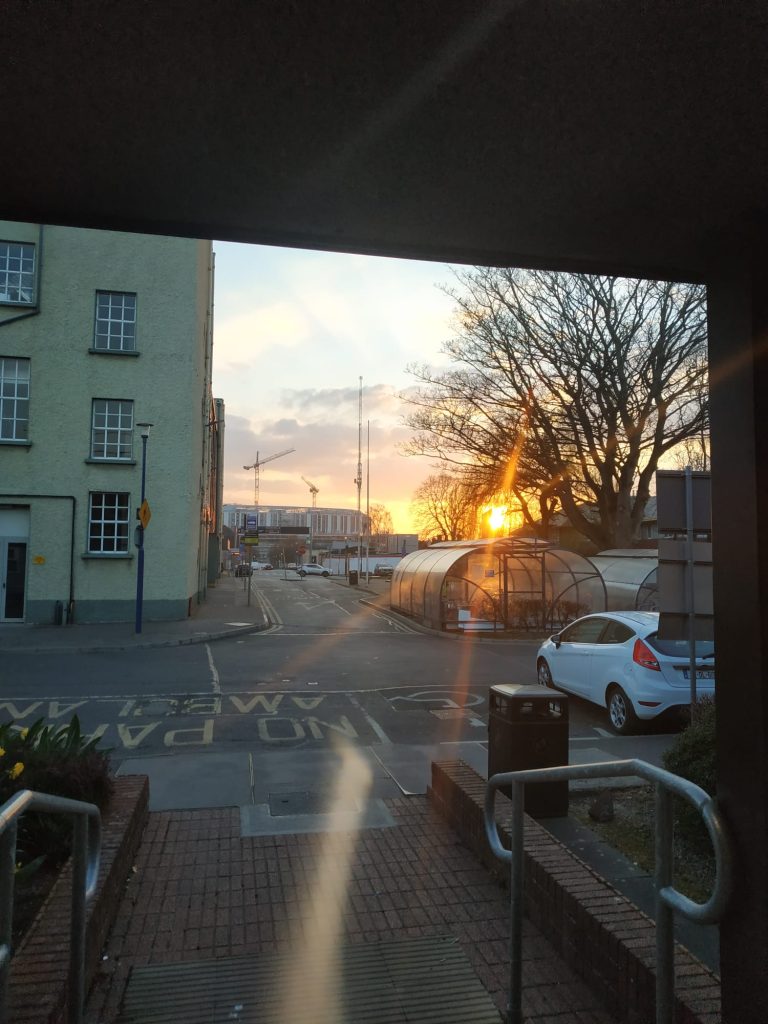

0 kommentarer